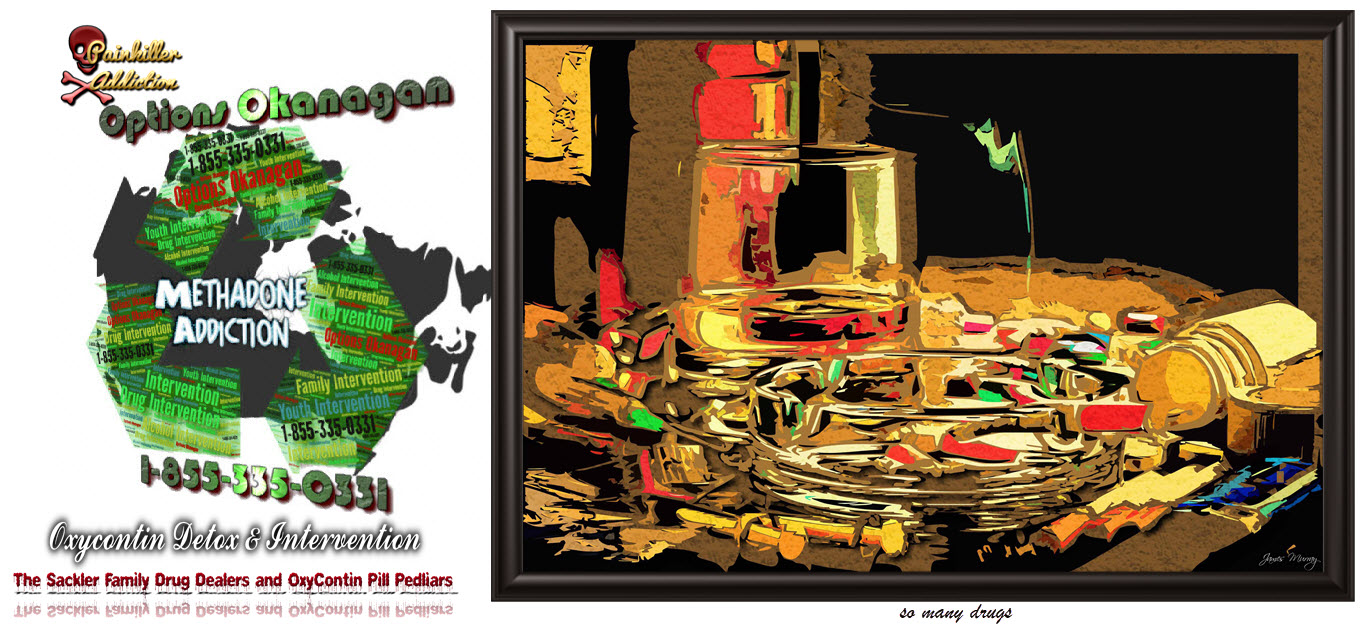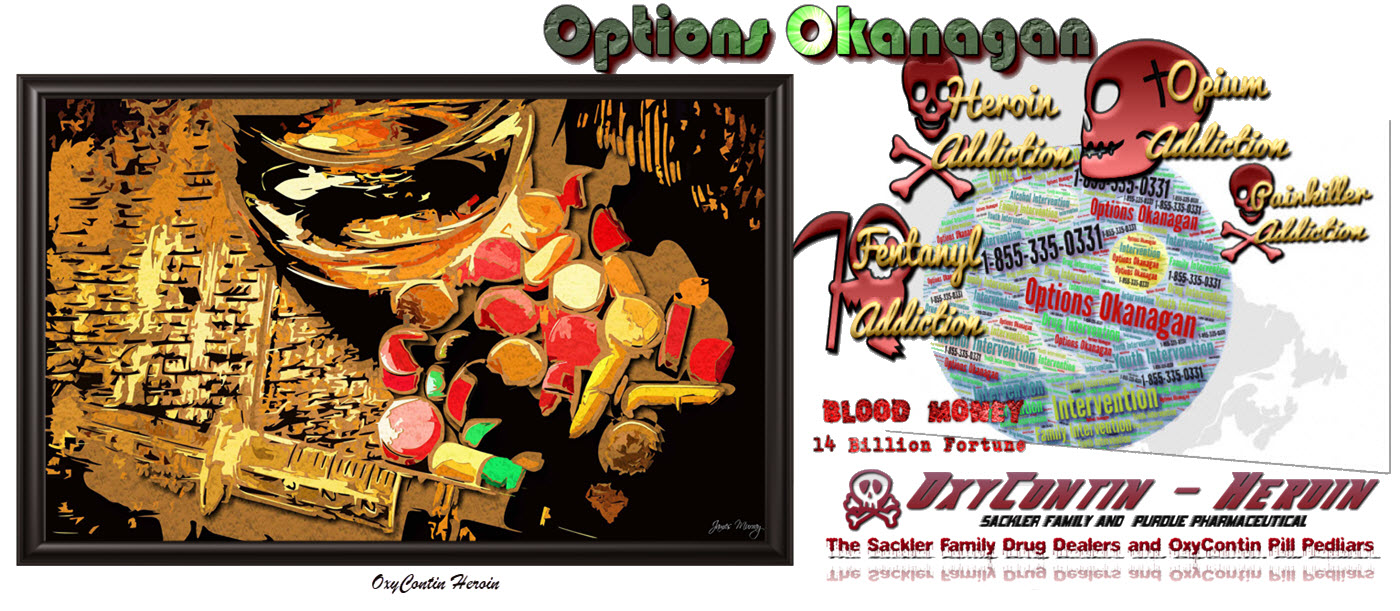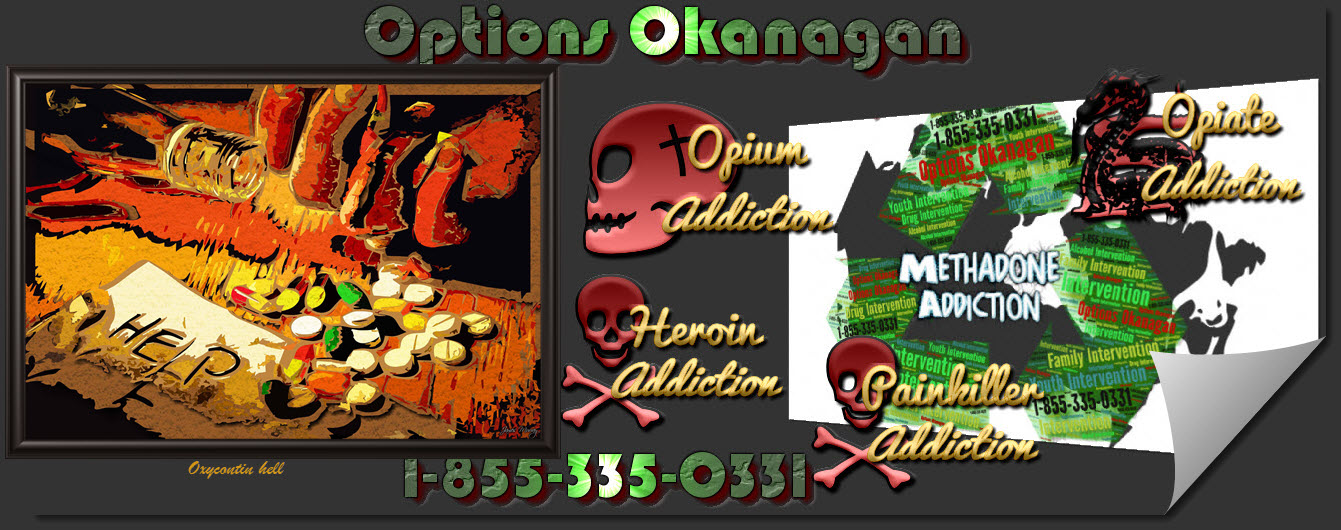Broken: Debunking The Myth That Drugs Boost Musical Creativity – Opiate and prescription drug intervention in British Columbia and Alberta – Options Treatment Center in Kelowna, British Columbia treating prescription drug, opiate, fentanyl, heroin and alcohol addiction and recovery.
Prescription Drug Rehabs In Alberta And BC
Popular culture has long held the belief that drug use enhances creativity, especially among musicians.
Some believe the benefits of using depressants such as alcohol, or stimulants like cocaine and Adderall, or hallucinogens such as LSD or magic mushrooms increase creativity. However, scientifically based research and first-hand stories tell a different version from the typical biographical films about many Rockstars or the all-telling documentaries about them.
How the human brain works to make music
There is a lot of action going on in a person’s brain when it comes to creative thinking skills. The process of playing music has been described by researchers as “whole-body training” for your brain. When you play a musical instrument, be it the piano, flute, guitar, or even your own voice, you are simultaneously extracting brain signals and information from the two hemispheres that control all motor skills including visuals and auditory.
So what exactly happens to this creative process, especially among musicians when drugs are added to the formula?
Effects of drugs on creativity
It has been established by medical addiction professionals and scientists that the use of drugs has a direct impact on the internal functioning of the human brain. In the act of creating music with complex volumes of neurological signals and information flows, the use of any drug will greatly affect a person’s ability to form creative ideas and also the ability to process melodic concepts.
Researchers in England released a study on the effects of LSD on creativity, and the results found that psychedelic drugs impair a person’s ability to use new sensory perceptions in their brain to generate original ideas, such as writing a poem, designing a statue, or singing a song. German researchers also studied the effects of marijuana on creativity by giving different doses of THC to the people they studied. Their results showed that the more THC participants consumed, the less they were able to generate creative thinking.
When external chemicals are added, the body’s natural rhythms change and, according to research, usually do not get better. In fact, the higher the dose, the more affected its natural rhythm. This is especially dangerous when the emotional desire to strengthen creativity becomes addictive.
How psychological and physical dependence arises
The feelings of euphoria and relaxation that come from drug use may be useful in the beginning to stimulate creativity. However, if you become too comfortable using drugs as a tool to unleash your creative potential, the very real possibility opens up to become psychologically or even physically dependent on certain substances over time.
Excessive use of external substances to enhance the creative process can eventually reach the point where artists believe that part of their routine is necessary now, even if that was not their intention. Health professionals identify one of the main symptoms of psychological addiction associated with drug use, such as the belief that a person needs the substance to do certain things. Mental drug addiction doesn’t always progress to physical addiction, but musicians experience a dangerous decline when they become too comfortable relying on a substance to make better music.
Developing a drug addiction emotionally or physically is a scenario that musicians must avoid. Artists ultimately risk blocking their natural ability to reach their full potential through these destructive habits.
Broken: Debunking The Myth That Drugs Boost Musical Creativity
Options Okanagan Opiate and Alcohol Treatment Centers in Kelowna, Salmon Arm and Vancouver, British Columbia – Men and Women are recovering and healing from Alcohol and Drug Abuse at our treatment center here in the Okanagan right now.
Our unique and distinctive Opiate Drug and Alcohol treatment program allow men and women to come in from Calgary as well as Edmonton as we offer airport pickup.
Numerous clients come to us from Vancouver, Calgary, and Edmonton and other locations in Alberta and even other provinces for Opiate addiction treatment, heroin drug treatment, many other drugs, and alcohol addictions for rehabilitation because of the uniqueness of our treatment center.
Our (Kelowna) Alcohol and Drug Treatment Program Location:
(Not Mailing Address) – Contact Us – Web Page
For Mail Delivery :: Please contact each center for correct mailing addresses, also this location is the location of our residential treatment programs in Kelowna. Please call Toll Free 1-855-335-0331 – to contact the treatment center you are going to for the address and directions.
Options Okanagan Drug and Opiate Treatment Center
551 Sherrydale Crescent, Kelowna, British Columbia, V1V 2E6
Toll-Free Phone Number: 1-855-335-0331




